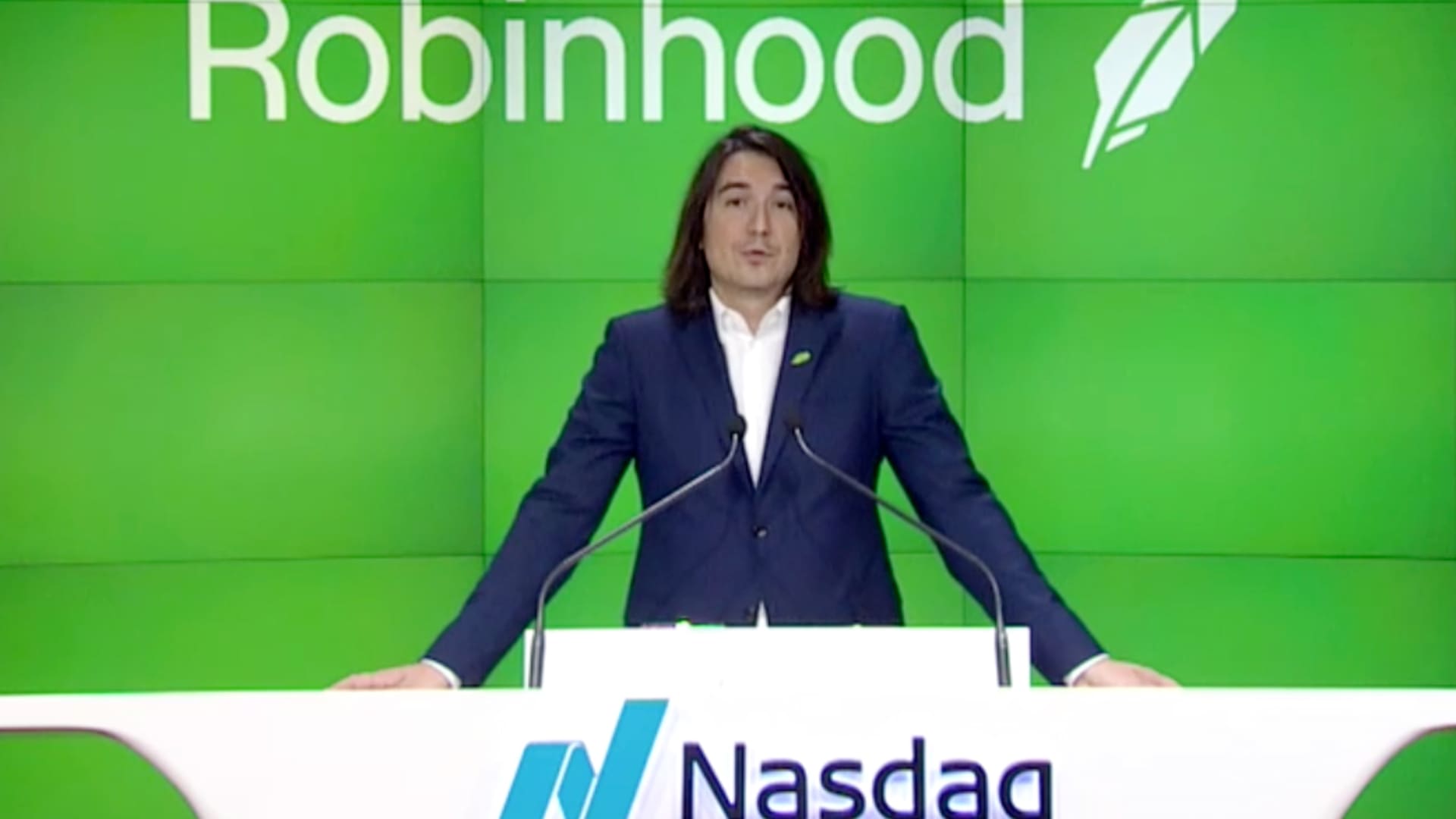Robinhood CEO, Vlad Tenev is standing firm on the company’s use of the payment for order flow (PFOF) model. Despite criticism from consumer trading advocates and regulators, Tenev defended the practice, stating that it is “inherently here to stay.” PFOF involves routing trades through market-makers like Citadel Securities in exchange for a cut of the profits.
In an interview with CNBC, Tenev emphasized the importance of not demonizing transaction-based business models, arguing that generating revenue from transactions is a reasonable practice. He acknowledged the controversy surrounding PFOF due to the potential conflict of interest between brokers and their clients. Despite being banned in the U.K., where Robinhood plans to launch, the U.S. Securities and Exchange Commission has decided not to ban PFOF, while the European Union has implemented a blanket ban on the practice.
Tenev revealed that PFOF accounts for a small portion of Robinhood’s revenues, with the majority of its income coming from net interest income and other sources. He also noted that Robinhood’s disruption of the industry led to other major players in the wealth management sector slashing their commission fees to zero, resulting in acquisitions and mergers within the industry.
Tenev’s comments come amid ongoing scrutiny of PFOF and its potential impact on the brokerage industry. Despite calls for a ban on the practice, Robinhood remains committed to its use, signaling that the debate over PFOF is far from over.

I have over 10 years of experience in the cryptocurrency industry and I have been on the list of the top authors on LinkedIn for the past 5 years. I have a wealth of knowledge to share with my readers, and my goal is to help them navigate the ever-changing world of cryptocurrencies.











